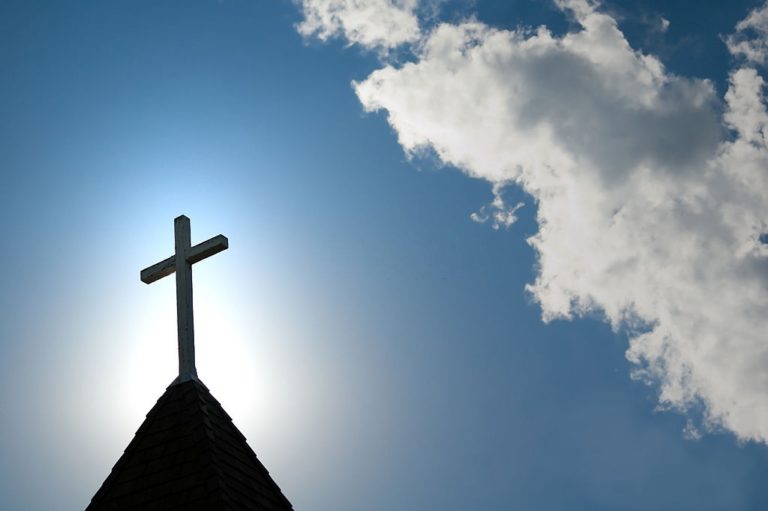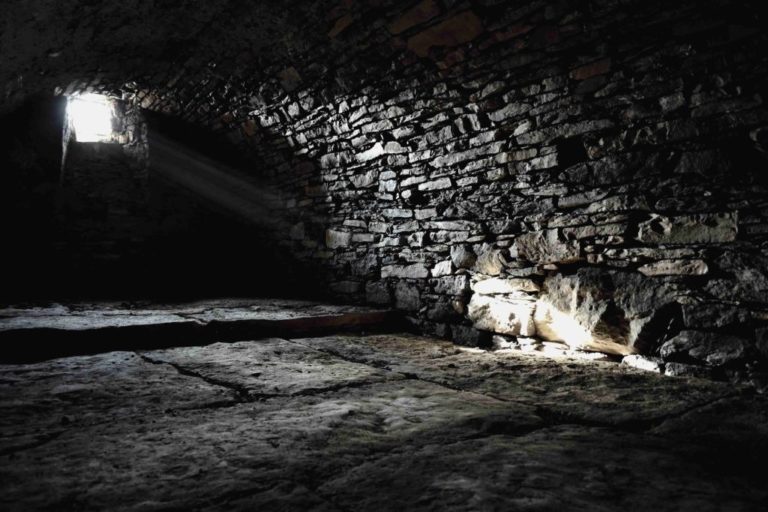A Life of Prayer
God’s prescription to the believer to combat man’s innate predisposition to self-sufficiency and unbelief is prayer. Prayer, the medium through which the believer communicates and fellowships with God, informs our awareness of our insufficiency to God and our need for His sovereignty.
If we look at the Lord’s prayer in Matthew 6:9-15 where Jesus teaches His disciples the model of prayer, we will identify that woven in its fabric is the theme of dependency.
Hallowed be Your name.
Your kingdom come.
Your will be done
On earth as it is in heaven.
Give us this day our daily bread.
And forgive us our debts,
As we forgive our debtors.
And do not lead us into temptation,
But deliver us from the evil one.
For Yours is the kingdom and the power and the glory forever. Amen.
Your kingdom come.
Your will be done
On earth as it is in heaven
When we ask God for His will, when we ask Him to be a lamp unto our feet, when we ask Him to lead the way, we declare our limitations in understanding and acknowledge our short-sightedness. We ultimately declare our trust and acceptance of His will. We give God liberty to reveal His mind and allow Him to inhabit our environment, endeavors, and every area of our lives. Do you trust the Lord enough to lead your life with His will?
Give us this day our daily bread.
This is a cry and petition for sustenance. We must realise that when we become new in Christ, the new man must be upheld by ‘daily bread’. That is, strength to forge on and strength to keep running the race set before us (1 Corinthians 9:24). There will be many instances when our strength will undoubtedly fail us. Circumstances in our lives will arise that challenge God’s word and promises. Through the word of God and prayer, we can counteract our realities with faith. In prayer, we remind God of His word, and in prayer, we ask for strength that we may not faint (Isaiah 40:29). We ask for this ‘bread’ daily because there should not be a day where our strength is sufficient for us to forge on. Paul reminds us in 1 Cor 10:12 that “..let him who thinks he stands take heed lest he fall”. We ask for ‘daily bread’ because our strength is insufficient.
And do not lead us into temptation,
But deliver us from the evil one.
For Yours is the kingdom and the power and the glory forever. Amen
In the garden of Gethsemane, the revelatory nature of prayer is revealed through Jesus. Before Jesus was arrested and eventually crucified, He laboured in prayer in the garden of Gethsemane. It was here that Jesus knew that His hour had come (Mark 14:35-16). Initially, Jesus was troubled and distressed in Mark 14:33, but God revealed that it was indeed His time as He persisted in prayer. Also, during this scene, some of the disciples are with Jesus, and when we move to verse 38, Jesus admonishes Peter by saying, “Watch and pray, lest you enter into temptation…” . There was a reason Jesus admonished Peter only, even though the disciples James and John were also sleeping. This same Peter denied Christ when He was arrested in verse 68. It is likely that if Peter had been prayerful during this difficult season, he would have been more sensitive to the upcoming temptation. The Bible tells us that for the devil not to take advantage of us, we are not to be ignorant of his schemes (2 Cor 2:11). It is easy to fall into temptation when there is no foresight or revelation. When we cultivate a life of prayer, revelation abounds in abundance! The enemy’s schemes are revealed, and the mind of God becomes apparent. It is by the power of God that we may be delivered from the enemy’s schemes. When we receive revelation, we must further labour in prayer that God may arise and deliver us. In this, we declare our impotence and need for His omnipotence.
A life with a culture of prayer is hinged on the will and power of God.
Jesus lived a life of prayer! But how can God in the flesh pray or even need prayer? You see, Jesus is called the great High Priest because He came in the flesh (Hebrews 4:14-15). By being fully man, He shared in our deficiencies yet did not sin. Jesus understood that the flesh profits nothing (John 6:63) and that His survival and fulfilment of purpose were utterly dependent on God. Hence, He communed and dined with God the Father through prayer. God became His sufficiency. As Jesus lived a life of prayer, He also calls us to find Him in prayer. A life with a culture of prayer is hinged on the will and power of God.
Prayer: Lord, help me to cultivate a life of prayer. Lord, help me to see you as my sufficiency.






